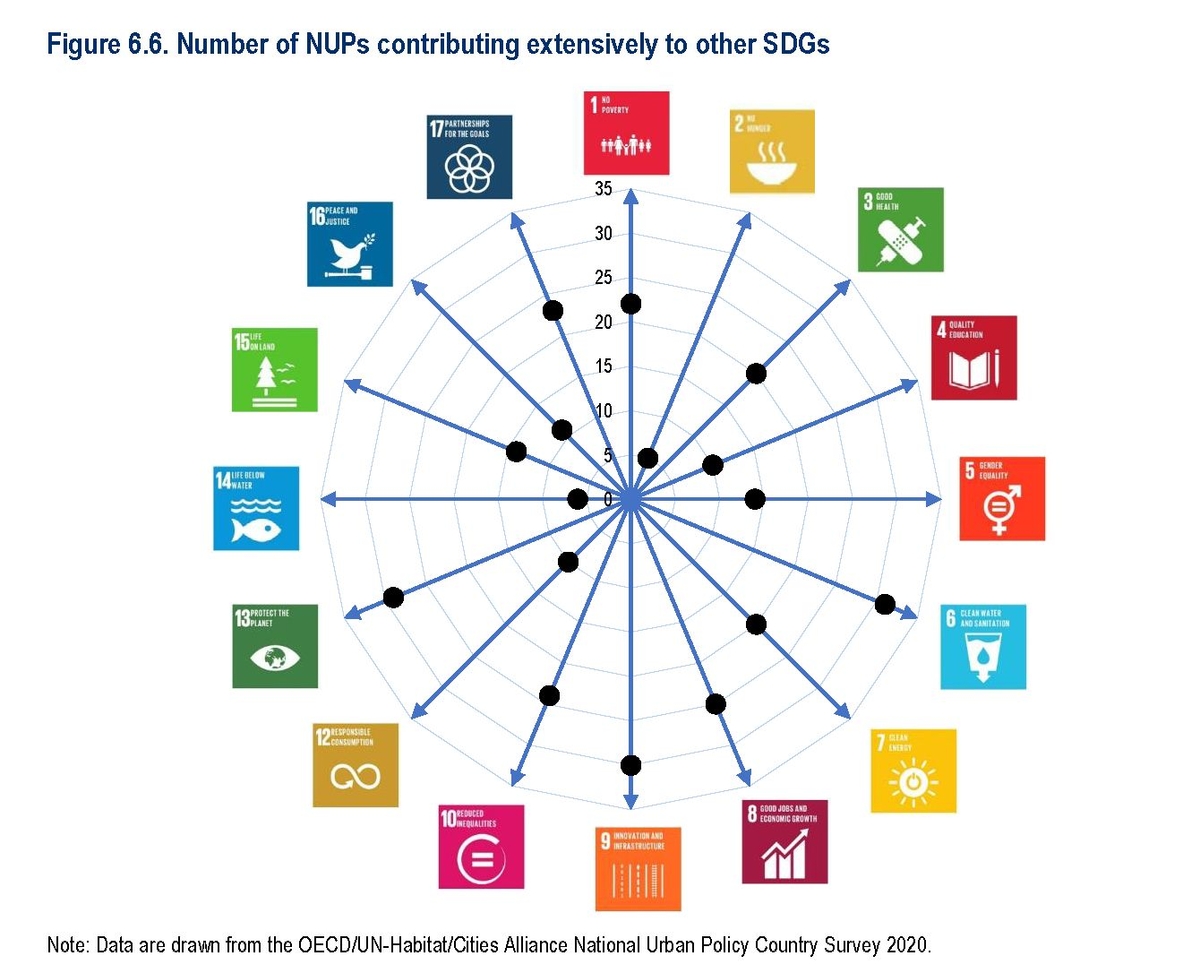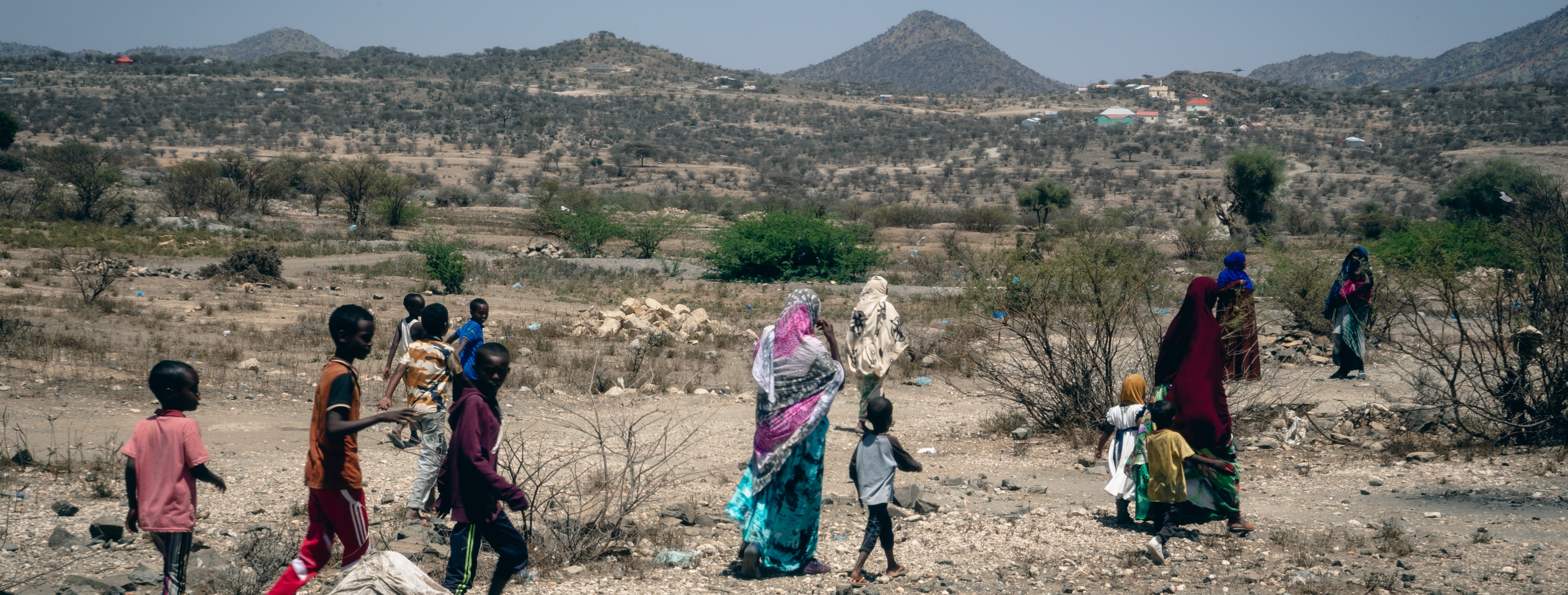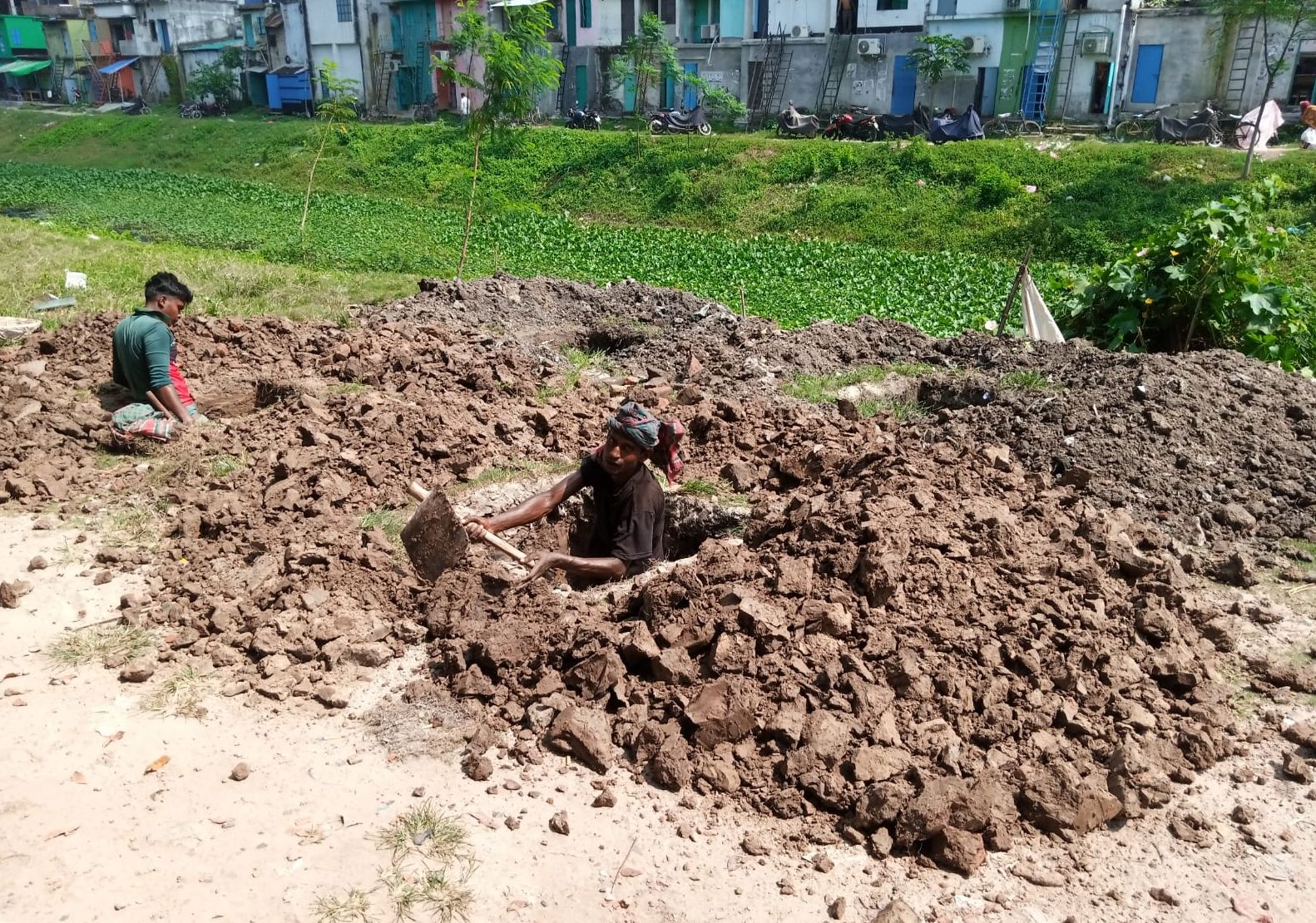The Global State of National Urban Policy (NUP) 2021 report was launched on 25 June 2021 at a high-level online event jointly organized by the OECD, UN-Habitat, and Cities Alliance.
Building on the first edition launched in 2018, the 2021 report reviews the NUPs of 162 countries around the world and assesses progress in key areas. It aims to assist national governments in advancing their NUP processes, especially by creating a stronger link between the policies and urban-related global agendas (such as Agenda 2030 for Sustainable Development and the New Urban Agenda) and climate action.
The report is a collaborative project of the OECD, UN-Habitat, and Cities Alliance and a key outcome of the National Urban Policy Programme, a global partnership launched at the Habitat III conference in 2016.
Maimunah Mohd Sharif, Executive Director for UN-Habitat, characterized the report as a remarkable milestone in the global monitoring of NUPs. "It showcases the progress countries have made in formulating, implementing, monitoring, and evaluating NUPs since 2018 and how they are using urban policies to advance global agendas", she said.
For us to achieve inclusive human settlements that are safe, resilient, and sustainable, countries need to develop national urban policies to effectively support the implementation and monitoring of the global agreements.
Maimunah Mohd Sharif, Executive Director for UN-Habitat
Ulrik Vestergaard Knudsen, Deputy Secretary-General of the OECD, noted that the Covid-19 pandemic has amplified the need for integrated, coordinated, and multi-level NUPs. Local leaders have been on the front line of short-term policy responses to the crisis, and it is clear they are at the heart of any recovery. “This report aims to support the government in their efforts to shape cities fit for the future. It aims to show how, why, and where NUPs can drive cities’ recovery towards a new normal,” he said.
Dr Greg Munro, Director of Cities Alliance, noted that NUPs are a key coordinating instrument for strong multi-level dialogue, which is critical to helping guide cities through the recovery process from Covid-19 and in the long term.
As the rapid urbanization process continues, it becomes very critical for national and local governments to plan for this growth. For Cities Alliance, the urban poor are key components in that processs.
Greg Munro, Director, Cities Alliance
NUPs will play a crucial role in that process, through a deliberate government-led process of coordinating and rallying various actors around a common vision and goal that promote more transformative, productive, and inclusive urban development over the long term,” said Dr Munro.
Report findings
Lamia Kamal-Chaoui, Director of the OECD Centre for Entrepreneurship, SMEs, Regions and Cities, said the report draws on data from 162 countries worldwide, of which 86 responded to a detailed survey. She highlighted some of the key findings:
- Of 86 countries surveyed, 58 reported having an explicit NUP, compared to 51% in 2018.
- Of the 58 countries with a NUP, a large majority have set up a common strategic vision for urban policy and development and are using the NUP to coordinate urban matters across sectoral ministries. 44 of the 58 countries are using it to coordinate vertically across levels of government and facilitate stakeholder engagement.
- 62% of the 162 countries have an operational NUP (consistent with 2018 results).
- There is a growing interest in linking climate and urban development policy. 48% of the 162 countries have included climate objectives in their NUPs, a big improvement over 32% in 2018.
- Countries are using their NUPs to contribute to global agendas. Of the 86 countries surveyed, 67% use their NUPs to achieve the SDGs (Goals 11, 6, and 9); 54% to meet the Paris Climate Agreement goals; and 34% for the Sendai Framework for Disaster Risk Reduction.

How countries are implementing NUPs
The event featured a high-level panel discussion reflecting on experiences with developing and implementing NUPs in Chile, Colombia, Liberia, and Germany moderated by Shipra Narang Suri, chief of UN-Habitat’s Urban Practices Branch. United Cities and Local Governments (UCLG) provided a local perspective.
Felipe Ward, Minister of Housing and Urban Planning for Chile, said that the NUP process has helped Chile undertake initiatives including Cities 2050, a roadmap for the next 30 years to develop integrated, inclusive, digital, and sustainable cities with opportunities for all; a Social and Territorial Integration law under discussion in Congress that aims to achieve greater social and urban integration in cities; and the 100 Plus 100 Challenge, a public policy that seeks to provide housing solutions to 100 slums this year and primary habitability to 100 other informal settlements. "We want cities to reach everyone equitably, with access to housing, goods, and public services" he added.
Jonathan Malagón González, Minister of Housing, Cities and Territories for Colombia, noted that the Latin America and the Caribbean (LAC) region is the most urbanized in the world, but it still faces many challenges, especially in terms of housing. Countries such as Argentina, Bolivia, Chile, Colombia, and Ecuador have been developing NUPs to help meet those challenges. “In our purpose to advance and face the challenges and opportunities that this region has in housing and urban planning and urban settlements, this report that is released today will be a great tool, a very important input,” he said.
Paulita C.C Wie, Deputy Minister for Urban Affairs at the Liberian Ministry of Internal Affairs, said that Liberia has completed two of five phases to develop its urban policy. Each step of the process has involved research on community engagement, dialogue, and consultation in coordination with government officials from different line ministries and agencies, local governments, and communities. “We want to make sure that it is very inclusive, participatory, leaving no one behind, respecting all of our peoples’ views and opinions, and learning from one another,” she said.
Tilman Buchholz, Deputy Head of Division for the German Federal Ministry of the Interior, Building and Community, noted that Germany has a well-established NUP that coordinates the urban agenda across all levels of government. It provides a framework for implementing the New Leipzig Charter, which contains basic principles and a vision for good urban governance.
We understand our national urban policy as the main vehicle to implement the principles of the New Leipzig Charter and to sum it up, we have three main success factors: governance, funding, and innovation.
Tilman Buchholz, Deputy Head of Division, German Ministry of the Interior
Sara Hoeflich, Director of Learning for UCLG, characterized work on national urban policies as crucial for UCLG and its members. She said that localizing the SDG process has shown that there needs to be more ownership by stakeholders and stressed the importance of building capacity in the national government to listen to cities, especially regarding climate change.
“The report shows that we not only recognize that we are an urban world, we also deal with an urban world, that needs to be managed, funded, and policies need to be developed,” she said.
Cities cannot wait, they need to develop responses and nations have to support them.
Sara Hoeflich, Director of Learning, UCLG
Watch the recording of the high-level panel discussion:





